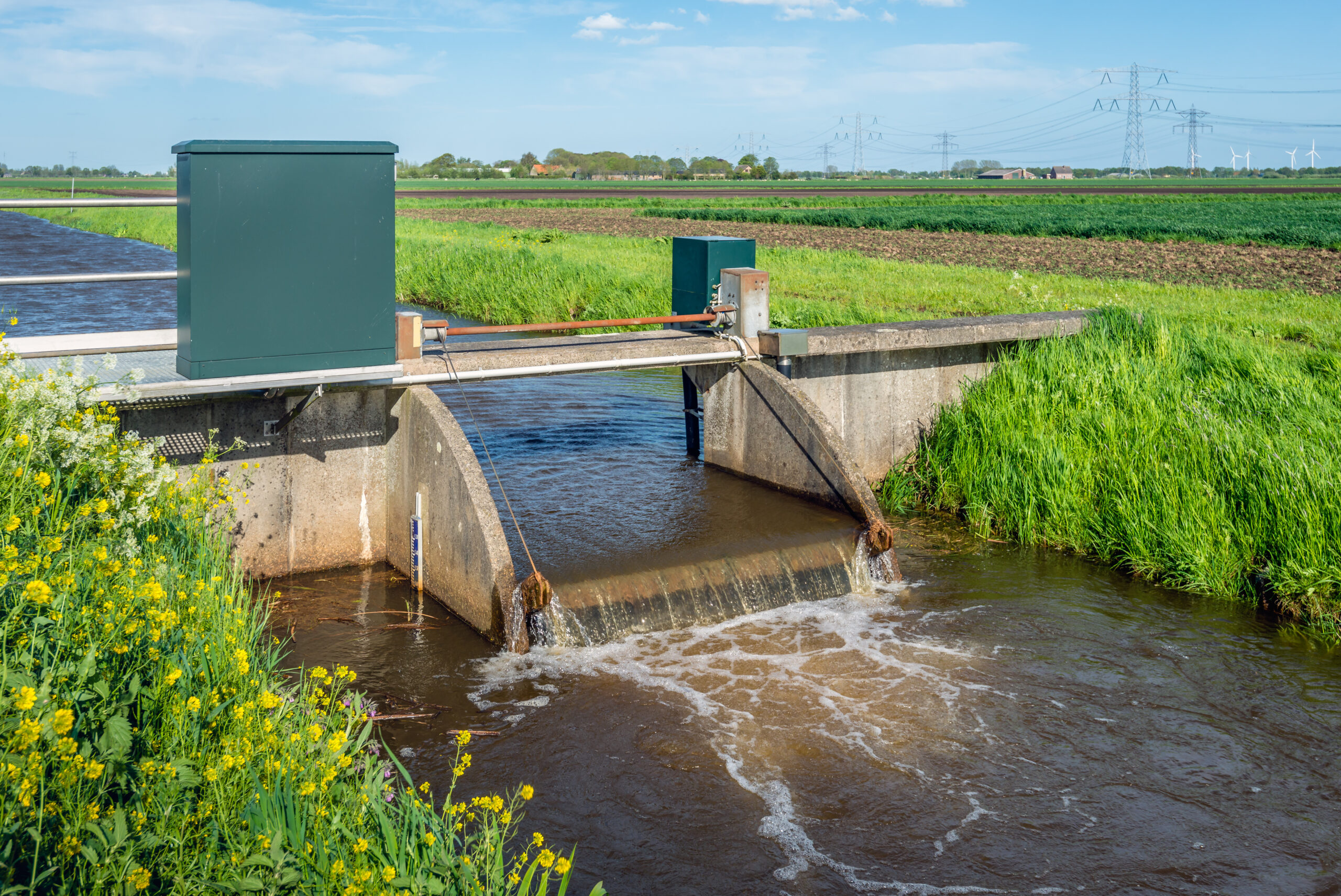- HOME - CAMPAIGN DETAILS
Watershed Management
Restoring Water Sources for a Resilient Future
Water is the lifeblood of our planet, and effective watershed management is crucial for sustainable water supply and environmental resilience. Samantar Foundation’s Watershed Management Campaign focuses on preserving and restoring watersheds to ensure clean water for communities, support agricultural productivity, and enhance biodiversity. Through sustainable practices and community involvement, we aim to improve water availability, prevent soil erosion, and promote healthy ecosystems.
Join us in protecting and managing our precious water resources. Together, we can secure water for today and generations to come.

Benefits of Supporting the Watershed Management Campaign
- Ensures Sustainable Water Supply
- Benefit: Effective watershed management helps recharge groundwater and maintain reliable water sources for communities.
- Outcome: A sustainable water supply supports agriculture, drinking water needs, and overall community well-being, especially in drought-prone areas.
- Prevents Soil Erosion and Degradation
- Benefit: Implementing soil conservation measures prevents erosion and improves soil fertility in watershed areas.
- Outcome: Healthier soils lead to improved crop yields, benefiting local farmers and ensuring food security for the community.
- Supports Biodiversity and Ecosystem Health
- Benefit: Watershed management promotes the preservation of natural habitats and protects biodiversity in and around water sources.
- Outcome: Rich biodiversity supports balanced ecosystems, ensuring resilience to environmental changes and enhancing natural beauty.
- Promotes Climate Resilience
- Benefit: Restoring watersheds helps buffer against climate impacts like droughts and floods by improving water retention and soil stability.
- Outcome: Climate-resilient watersheds contribute to the long-term survival of ecosystems and protect communities from climate-related risks.
- Improves Agricultural Productivity
- Benefit: Watershed management boosts water availability for irrigation and maintains fertile soil, which is essential for agriculture.
- Outcome: Higher agricultural productivity supports local economies, improves food supply, and enhances the quality of life for farming communities.
- Engages Local Communities in Conservation
- Benefit: Involving local communities in watershed management initiatives builds awareness and responsibility for natural resources.
- Outcome: Community participation leads to better care of water resources and ensures sustainable management practices that benefit all.
